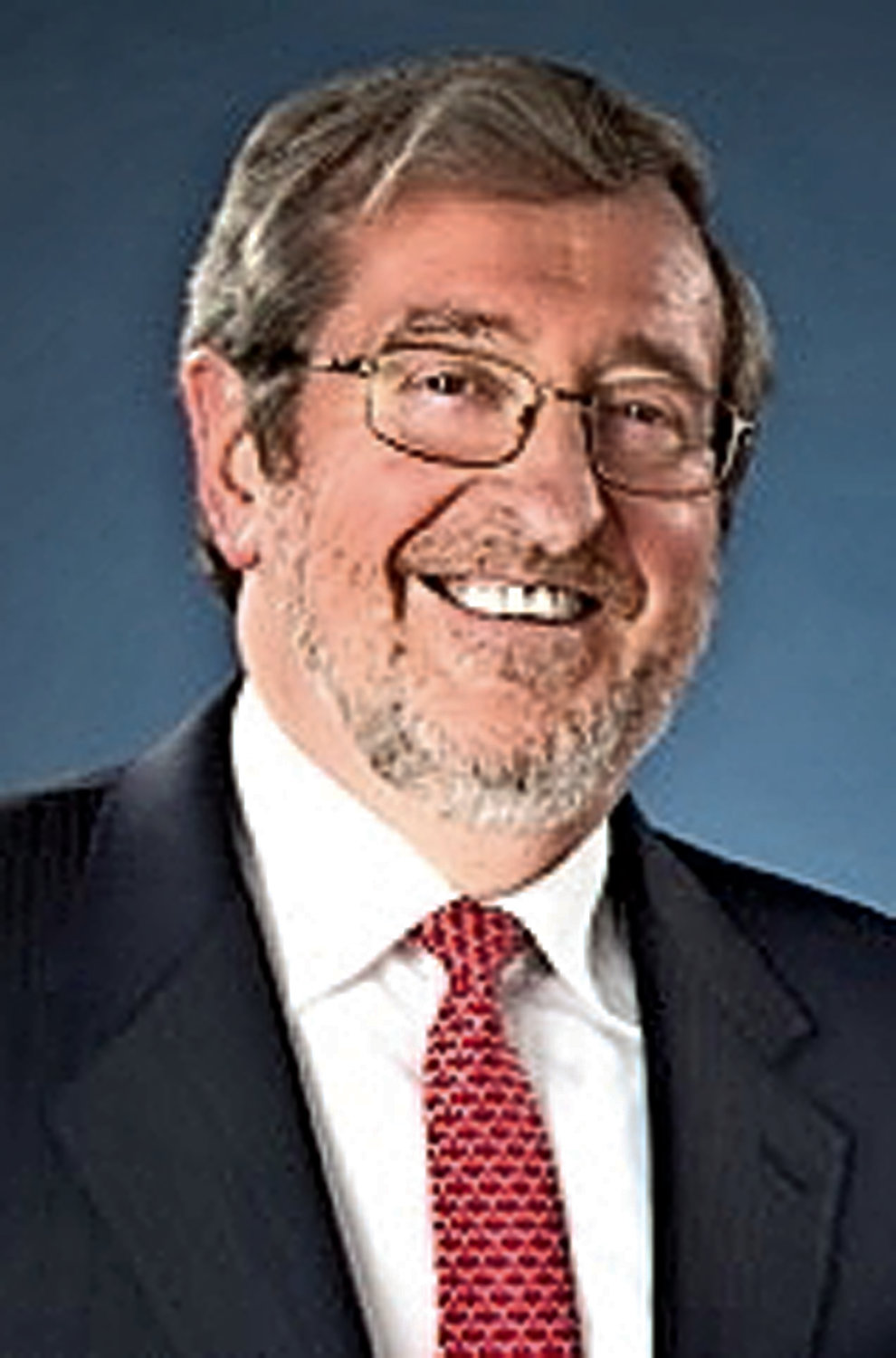A letter to my fellow health care CEOs about guns
Dear Colleagues:
In the weeks and months following the school shooting in Parkland, Fla., last year that claimed 17 lives, a deputy sheriff who was onsite at the time was vilified and later brought to trial for his failure to act in an emergency.
As a nation, has our response to the gun crisis really been any different?
Gun violence in this country is a public health crisis that has grown increasingly worse under our watch. To date, we’ve collectively done very little to ameliorate it, and I would argue that in not so doing, we have failed to provide for the health and wellness of our communities.
It’s time for us to use our collective voice, the power of our lobby and the financial weight of the $3.5 trillion health care industry to combat this crisis. We shouldn’t take no for an answer.
All of us have allowed this crisis to deepen. Sadly, as a nation, we have become numb to the bloodshed. Collectively, we have failed to generate sufficient public outrage to bring about the changes that would help prevent this mindless slaughter.
True leadership doesn’t blame; it acts. And leadership isn’t about having a title like president, senator or CEO. True leadership is found in bridging gaps and forging a path that others will follow. Leadership is thoughtful, responsible, unifying, positive and, when necessary, unyielding. In this case, it’s understanding that you can support the Second Amendment and still have sensible gun laws to provide for public safety.
Recently, the comedian Jon Stewart provided a model of how health care public policy leadership can work when he and others held Congress accountable to “do your job” and approve an extension of the September 11th Victim Compensation Fund. That model can work in this instance too. The voice of the American citizen is a most powerful thing.
I believe the lessons we’ve learned in health care can apply to this crisis. Together we must:
Act with a sense of purpose. Help defeat elected representatives who fail to support sensible gun legislation that includes background checks. We need to know the positions elected officials take on sensible gun legislation and vote for those who are willing to address the crisis. Go to www.opensecrets.org/news/issues/guns to learn their positions, and who receives gun lobby money.
Recognize the importance of mental health. Increase awareness and reduce the stigma of mental illness. Support funding for the identification, diagnosis, treatment and support of mental health disorders. Prohibit the sale of firearms to people who are at risk of harming themselves or others. It’s also important that we don’t demonize the mentally ill. Scientists estimate that only about one in five mass murderers are psychotic or delusional. They say most do not have any severe or diagnosable disorder; rather, they tend to be disgruntled and aggrieved individuals whose anger eventually manifests in violence.
Use an ounce of prevention instead of a pound of cure. Prevent the sale of and access to firearms that serve no other purpose than to inflict mass casualties. Increase awareness and training to identify risk factors and better understand “red flag” laws that allow police, district attorneys, family members and school administrators to file a petition with the State Supreme Court if they have reason to believe a gun owner is a threat to himself or others.
Know history. A doctor wouldn’t prescribe medicine without knowing a patient’s background and history, to ensure that the medicine will cause no harm. Should we allow the sale of guns without the same degree of caution?
So far in 2019, 62 people have been killed in mass shootings. Enough is enough. I’m asking you, my fellow health care executives, and all who are concerned about this public health crisis to join me in using our collective voice to enact needed change. We are a nation that’s grieving, but we should also be a nation that’s angry and demands accountability on the part of our elected officials.
Sincerely,
Michael J. Dowling
Michael Dowling is the president and chief executive officer of Northwell Health.

 39.0°,
Fair
39.0°,
Fair 




